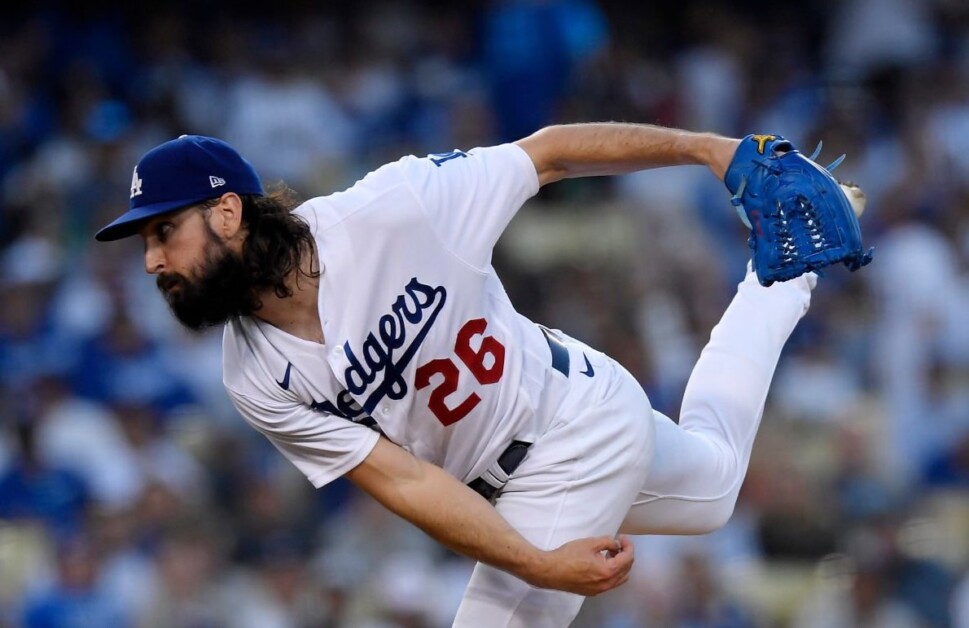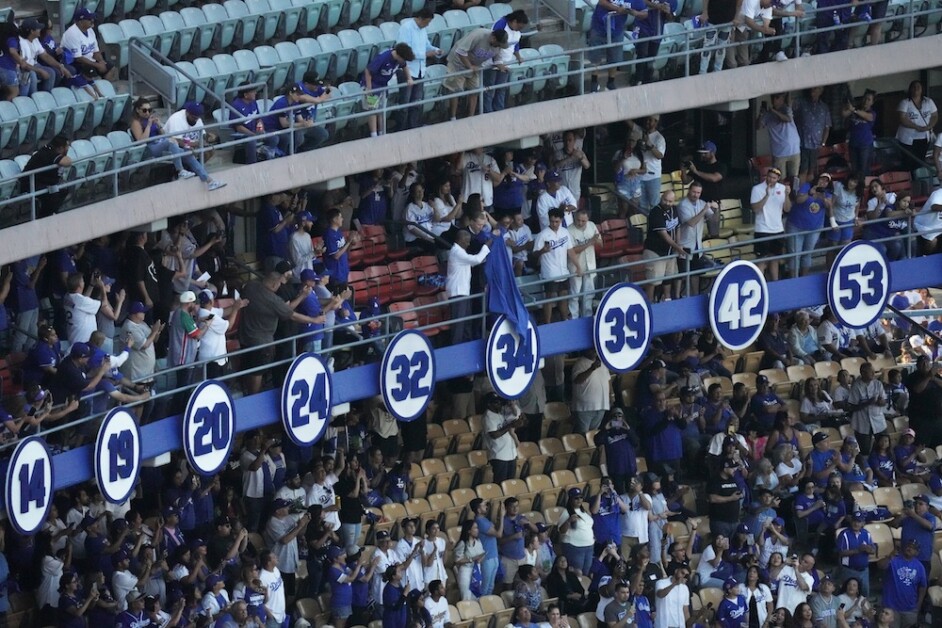More than three months have passed since Major League Baseball cancelled the remainder of Spring Training and delayed the start of the 2020 season, and when the sport will managed to stage its return is anyone’s guess.
Team owners and the MLB Players Association remain at odds over the length of a regular season and an economic plan. The MLBPA has continued to seek full prorated salaries that were agreed to on March 26, but the league has only guaranteed as much for a 60-game season.
That was the basis of MLB’s proposal last week, which owners interpreted as being accepted by the union. However, the MLBPA submitted a counter for full prorated salaries in a 70-game season, and the stalemate has continued.
As the wait for a resolution carries on, there are differing opinions within team owners on the best course of action, according to Ken Rosenthal and Evan Drellich of The Athletic:
The owners prefer a negotiated solution but otherwise hold a wide variety of opinions on how to proceed, a source said. Some owners, fearing COVID-19 might wreck any attempt to play, want the league to slow down its plans. Others believe the league should no longer negotiate with the union and implement a schedule if necessary. Still others say the league should not proceed without an agreement, contending the optics of forcing players to play during a pandemic would reflect poorly on MLB.
The MLBPA executive committee was expected to vote Sunday against the latest offer from the league but delayed that process upon receiving word from commissioner Rob Manfred that he would eliminate an expanded postseason and universal designated hitter in 2021 if MLB was unable to play an eventual season that may be set this year.
Although MLB had been planning on permitting teams to play in their home stadiums, a spike in coronavirus (COVID-19) cases in Arizona, Florida and Texas, has them reportedly considering a ‘bubble’ approach a la the NBA.
If that is the route MLB elects to take, Southern California is believed to be among the regions under consideration to host all 30 teams. The league previously mulled doing so in Phoenix, and also considered a three-state approach that involved Arizona, Florida and Texas.
Have you subscribed to our YouTube channel? It’s the best way to watch player interviews, exclusive coverage from events, participate in our shows, and more!








